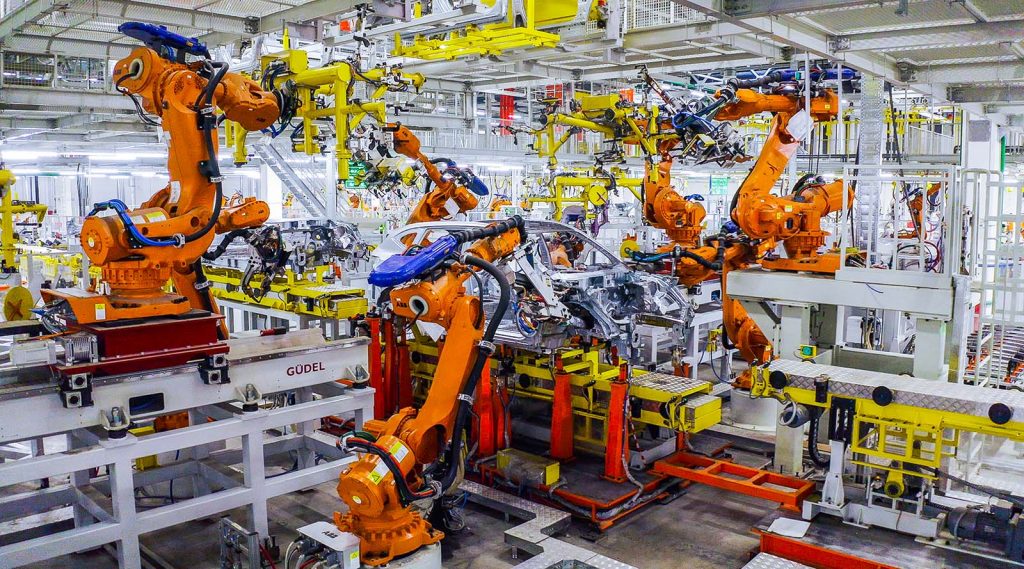
International automakers are quietly reducing their reliance on Chinese-made components. While international automakers are indeed decreasing their procurement of Chinese-made parts, the vast scale of the Chinese market makes it unlikely for them to completely abandon it.
The Chinese market is the world’s largest automotive market, and its significance cannot be underestimated. However, recent global supply chain disruptions and geopolitical tensions have prompted international automakers to reassess their supply chains and diversify their sourcing strategies. This includes reducing their dependence on any single country or region for critical components.
To mitigate risks and ensure a stable supply of parts, automakers are exploring alternative sourcing options and expanding their supplier base to other countries. This strategy aims to enhance supply chain resilience and reduce vulnerability to disruptions.
While diversification efforts are underway, it is important to note that China still holds a strong advantage in terms of manufacturing capabilities, cost competitiveness, and access to a vast network of suppliers. Additionally, the local market demand in China remains substantial, making it a crucial market for international automakers to maintain a presence.
Furthermore, China’s government has been actively promoting policies to support the domestic automotive industry, including the development of advanced technologies and the establishment of favorable business conditions. This further incentivizes international automakers to continue their operations and partnerships in China.
Overall, while international automakers are adjusting their supply chains and reducing their reliance on Chinese-made components, the sheer size and importance of the Chinese market make it difficult for them to completely detach from it. Striking a balance between diversification and leveraging the advantages of the Chinese market will be crucial for automakers as they navigate the evolving global landscape.
